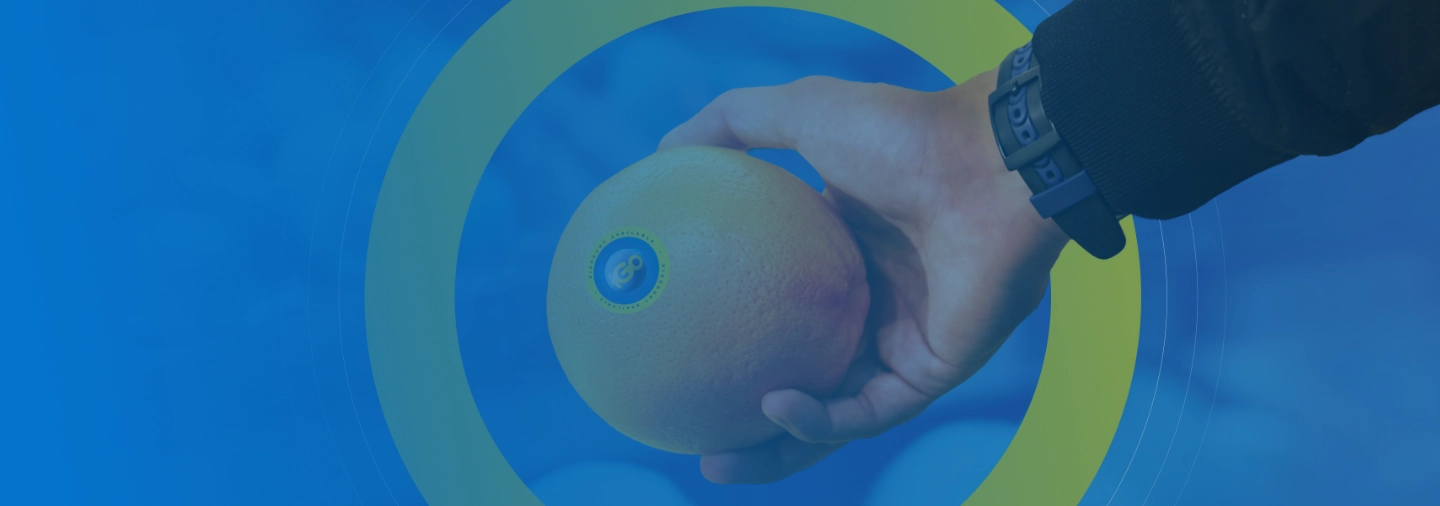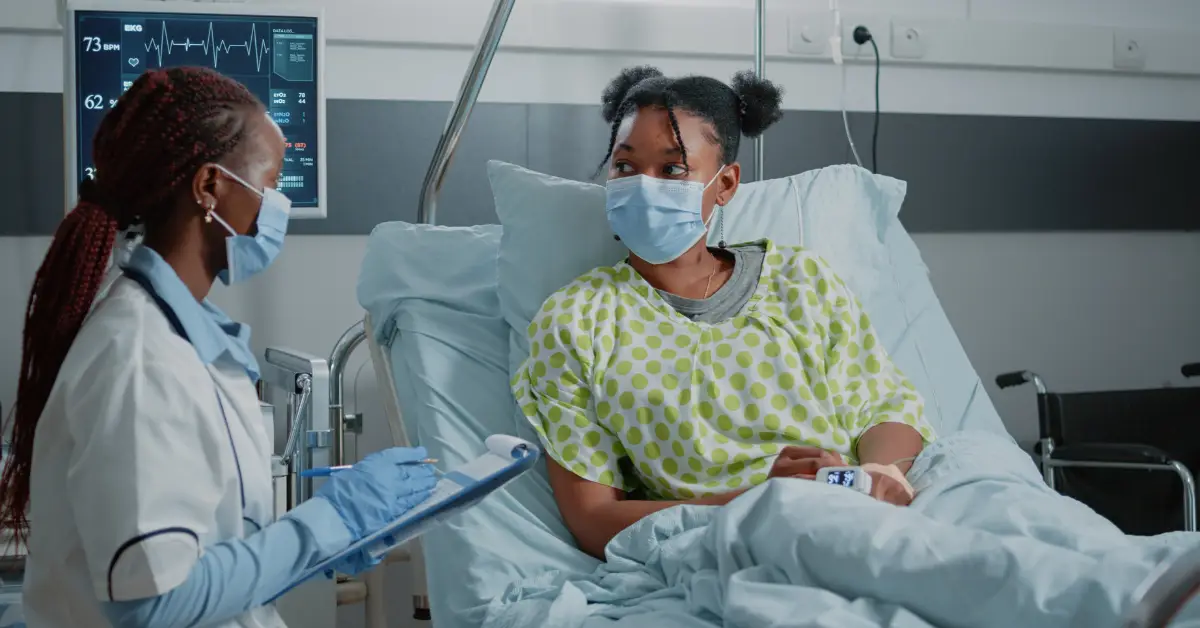As the country commemorates National Kidney Awareness Week under the poignant theme “Healthy Kidneys, Healthier Lives,” Cimas Health Group continues with its call to action against the rising tide of kidney disease.
The first week of September is National Kidney Awareness Week, dedicated to raising awareness about kidney health.
Cimas Dialysis Clinic manager Sister Mystica Ruzengwe explained that the greatest challenge we face is the silence.
“Kidney disease is called a ‘silent disease’ for a reason. There are often few or no symptoms. In fact, you can lose up to 90% of your kidneys’ functionality before experiencing any signs that something is wrong. By then, the options for treatment become much more limited and life-altering,” Sister Ruzengwe said.
This silence, she stressed, is deceptive. Chronic kidney disease (CKD) is a formidable global health burden, affecting an estimated 850 million people worldwide. If left untreated, it can lead to severe complications, including complete kidney failure and devastating cardiovascular disease.
Projections suggest that by 2040, CKD will become the fifth leading cause of loss of lives globally.
In Zimbabwe, the situation is particularly acute.
“We are seeing a steady increase in both incidence and prevalence. This is a direct result of the rising tide of its major drivers, which include poorly managed diabetes and high blood pressure. These two conditions are the most common causes of kidney disease in our patients,” Sister Ruzengwe noted.
But the problem is more complex than just sugar and blood pressure readings. Sister Ruzengwe outlined a perfect storm of contributing factors.
“We see the impact of chronic infections like HIV and hepatitis, and we are deeply concerned about the rampant use of certain herbal medications, which can be toxic to the kidneys,” she said.
Furthermore, occupational hazards for our farmers, such as exposure to herbicides and pesticides, along with environmental pollution, add layers of risk often overlooked.
“Late presentation is tragically common. This can be due to low health literacy, economic constraints, and a resulting reliance on alternative care paths that can sometimes cause more harm than good.
“In many communities, primary healthcare providers, stretched for resources, may fail to identify and manage patients early, leading to late referrals to specialist care,” Sister Ruzengwe added.
The theme “Healthy Kidneys, Healthier Lives” is a deliberate choice, focusing on empowerment and prevention.
“So much is in our own hands. Diet and nutrition play a crucial role. A diet high in salt, sugar, and unhealthy fats fuels the fire of hypertension, obesity, and diabetes, all of which attack the kidneys,” Sister Ruzengwe highlighted.
“Conversely, a balanced diet rich in fruits, vegetables, whole grains, and lean proteins, accompanied by plenty of water, is a shield for your kidneys.”
The first and most critical battle is against complacency and misinformation.
“A great many people believe that kidney disease is rare. It is not. In fact, one in seven adults is living with some level of it. Others are convinced they would know if they had it. They would not. Symptoms are typically absent in the early stages,” she noted.
“Perhaps the most dangerous myth is that testing is a long and costly process. But testing for kidney disease is surprisingly easy. It can be done with two simple, inexpensive urine and blood tests during a routine visit.”
“These tests are the cornerstone of early detection. The urine test looks for proteinuria, protein leaking into the urine, which is one of the earliest signs of kidney damage. The blood test measures creatinine levels.”
She continued: “This is not about sophisticated, inaccessible technology. It is about making these fundamental checks a routine part of our healthcare-seeking behaviour.”
“While kidney disease and CKD are not reversible, one can take steps to help preserve kidney function. This involves rigorous management of blood sugar and blood pressure, medication, and the same healthy lifestyle choices that prevent the disease.”
Sister Ruzengwe said for those who progress to kidney failure, the options are dialysis, a life-sustaining procedure that filters the blood artificially, or transplantation.
“It is vital to understand that dialysis, while a lifesaving treatment, does not cure kidney failure. It is a form of kidney replacement therapy,” she explained.
“A transplant is a more permanent solution, but both represent a significant journey for the patient and their family. Our message to Zimbabweans is one of hope and agency, lifestyle change and wellness are the best ways towards kidney disease prevention. To that end, Cimas Health Group has the iGo wellness department readily available to coach and assist in wellness programmes.”
Sister Ruzengwe has urged everyone to take the first simple step.
“The best way to find out if you have kidney disease is to get tested, and once you are diagnosed, there are many steps you can take. It is very important to find and treat kidney disease early,” she noted.
“Our Cimas Health Group primary healthcare facilities are available in most of Zimbabwe’s towns and cities and are open to all.”





